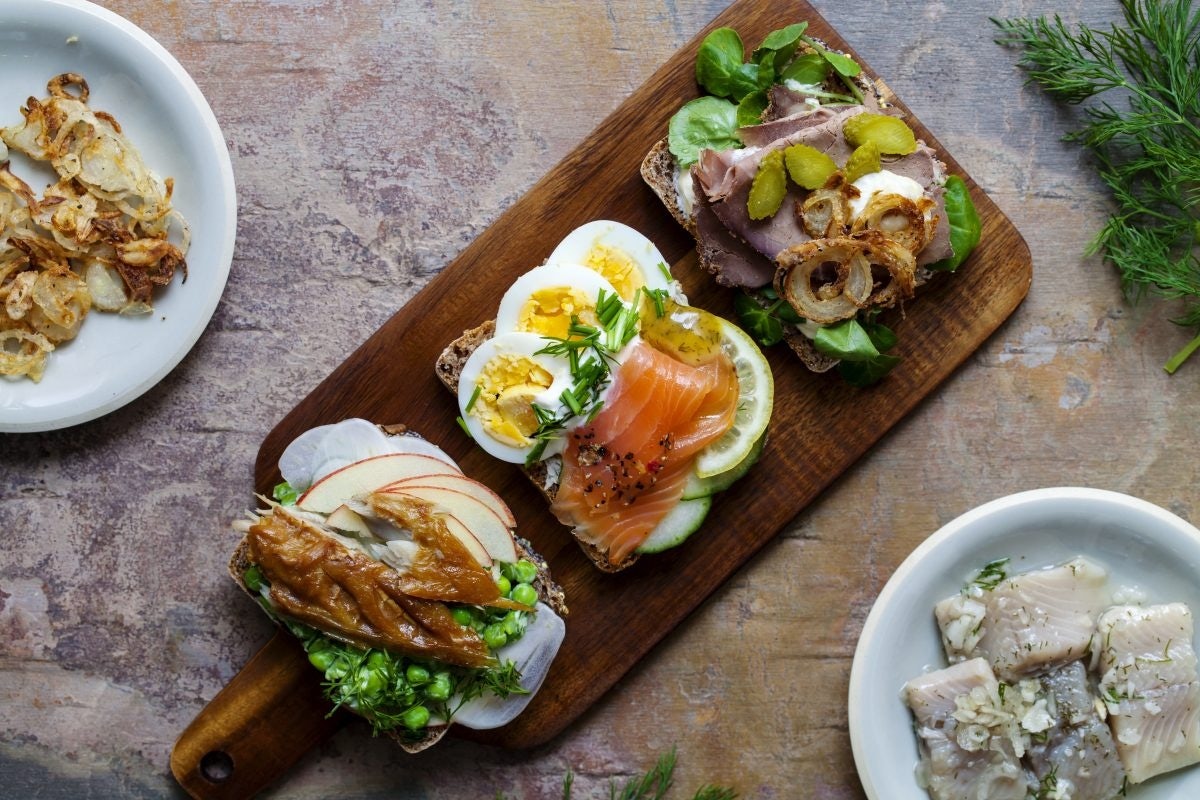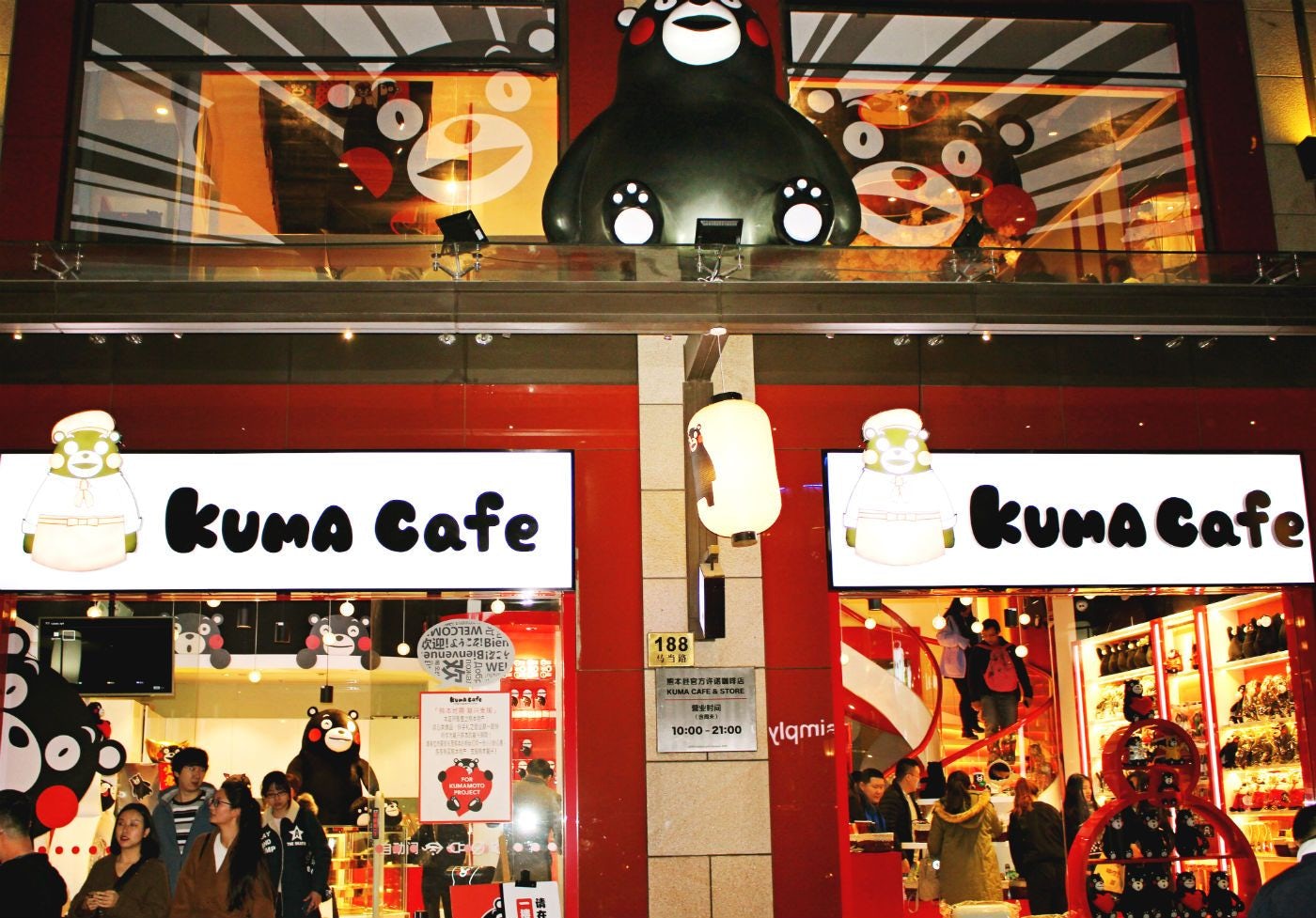Hygge, this year's lifestyle buzzword, hasn't gone unnoticed in China, so it may come as little surprise that Danish food imports are also starting to find an audience with affluent Chinese consumers.
This week, the Danish Agriculture & Food Council is representing seven food companies at a food trade fair in Shanghai, following a landmark agreement earlier this month that lets Denmark export processed pork to China. The total sales value of Danish food exports to China last year reached nearly 13 billion kroner, or about US1.9 billion, a figure expected to rise by an extra 250 million kroner per year, according to a recent article published in the Copenhagen Post.
“There is a growing group of well-off Chinese who can afford both quality food and trips abroad where they become inspired by food from other parts of the world,” Michael Stahlschmidt, the chief trade policy and market access consultant at the Danish Agriculture & Food Council, told the Copenhagen Post.
“Denmark and Danish foods are a strong brand in China,” he added.
China's demand for the likes of smørrebrød, pork, and salmon became apparent with a series of restaurant openings in the country, including Georg Jensen, which opened its Asian flagship store and restaurant in Beijing in 2015. There, the “New Nordic” cuisine brings China's luxury gourmands not only a taste of high-end contemporary Danish dining, but the lavish side of Scandi living, where the highlight is the 110-year-old brand's jewelry, watches, and fine silverware.
Danish food culture has also been penetrating China's growing middle class market and its trendy eateries as well. In Beijing, cafe and restaurant Moka Bros does Danish food pop-ups with guest chefs, featuring salmon-centric dishes and popular street foods, like hot dogs. Danish craft beer brand Mikkeller is also growing its footprint, while at Beijing's food and handicraft fair, the Woodstock of Eating, it's not uncommon to see stalls hawking smørrebrød and other Danish treats.
While global trends play a large part in the craze, Denmark's export agreement this month is particularly significant because Danish pork is viewed favorably by China's consumers, who are concerned about food safety and quality. Chief executive of leading European pork producer Danish Crown, Jais Valeur, told Reuters that Chinese supermarkets are seeing their customers “demanding more quality, more insight into where the pig came from, what happened when it grew up in terms of animal welfare, the way it was raised, the way it was handled.”


